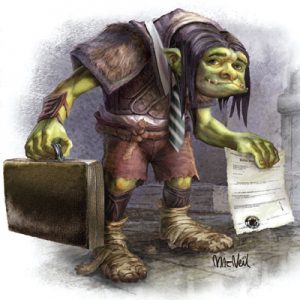
One of the issues Volano Solutions faced this year when selling our mobile compliance review app Action Card was from a restaurant that expressed concern that they might be held liable for intellectual property patent infringement by using our software. We learned that there was a special breed of bottom feeder that “trolled” published patents, waiting for them to expire so that they could purchase the rights and hold others legally liable for “infringing” on their patent. This was commonly done with software and restaurant chains were targetted. It looks like that phenomenon known as “patent trolling” was dealt a blow by the Supreme Court last week. According to this post from The Verge in regard to the Supreme Court case that serves as precedent, Alice Corp. v. CLS Bank has been one of the most closely watched patent cases of the year. It takes on what patent reform advocates see as the unreasonably broad category of “software patents,” which cover a process implemented on a computer rather than a piece of design or a physical invention. Earlier, the case was said with some degree of hyperbole to spell the “death of software patents,” but this decision doesn’t necessarily stop people from patenting a software “idea,” as long as its technical steps are concrete improvements or new designs, not an aggregation of existing steps.
Some businesses were asking software providers to sign indemnification agreements to assume the liability from any patent troll who decided to file suit over the use of their intellectual property. This case basically states that you cannot simply patent a broad, abstract process, link it to software and hunt down anyone who might be using a specific software system that manages that process. This is good news for software developers that would not like to spend time and resources protecting themselves from the threat of frivolous lawsuits and should alleviate some of the anxieties businesses have about investing in process efficiency technology. As a bonus, it’s nice to see a Supreme Court ruling come down 9-0 and not 5-4.

